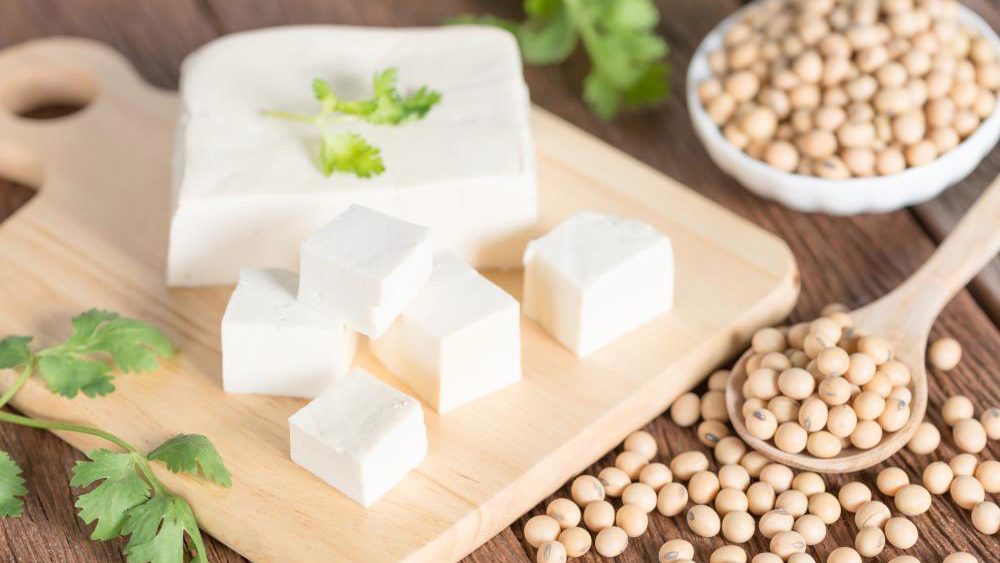
Advertisement
Kawasaki disease (KD) is an illness that affects children below five years old. This disease affects the lymph nodes, mouth, and skin, but if not treated early, it can cause severe complications like vasculitis (inflammation of blood vessels), a dangerous condition that can affect the coronary arteries which supply blood and oxygen to the heart, and arrhythmia or abnormal functioning of the heart valves. While KD affects children of all ethnicity, it is more common in those of Asian descent. In a recent study published in the journal Nutrition Research, American researchers explored the possibility of dietary soy intake being associated with the risk of KD. Their investigation revealed that high consumption of isoflavones found in soy increases the risk of KD in Asian-American children.
Soy isoflavones: health benefits and risk
Soy isoflavones are polyphenolic plant compounds that have estrogenic activity. They are found in abundance in legumes, particularly soybeans and other soy products. Common examples of isoflavones are genistein, daidzein, and glycitein, all of which exhibit useful biological activities. For instance, some of the health effects associated with the consumption of soy products are dependent on daidzein and how well a person can convert it into equol during digestion. According to studies, equol enantiomers — molecules that are mirror-images of one another — have biological properties that can be used against diseases like cancer, cardiovascular disease, and osteoporosis. (Related: Natural soy isoflavone daidzein can boost bone formation, research says.)
High intake of soy-based foods has been reported to give substantial health benefits. These include:
- Reduced risk of breast cancer
- Inhibition of prostate cancer
- Improvement of vascular function in postmenopausal women
- Alleviation of menopausal hot flashes (genistein supplements)
- Reduced risk of tumor recurrence in breast cancer survivors
- Lower risk of endometrial cancer
On the other hand, increased consumption of soy products is also linked to some undesirable effects. Some studies suggest that high concentrations of isoflavones detected in infants fed soy-based formulas could affect their development and their endocrine and reproductive functions. A diet rich in soy could also contribute to the development of goiter and thyroid enlargement. The results of animal studies point to soy intake as a cause of reduced efficiency of thyroid hormone function. They also suggest that soybeans contain compounds that can interfere with iodine utilization and normal thyroid function.
High intake of soy isoflavone increases the risk of Kawasaki disease
According to the American Academy of Pediatrics, KD is the leading cause of acquired heart disease in infants and children in the U.S. While genetic differences could explain why its incidence varies according to ethnicity, dietary and environmental factors may also be involved in the development of KD.
The researchers hypothesized that soy isoflavone consumption is associated with the risk of KD in American children, which could explain some of the ethnic-cultural variations in KD incidence. To test their hypothesis, they evaluated the soy food intake and isoflavone consumption of both children and their mothers during pregnancy and nursing in nearly 200 KD cases in the U.S. They used food frequency questionnaires and compared the data from them with those from 200 age-matched controls. They also used a logistic regression model to test the association of isoflavones and KD.
The researchers reported that soy intake during pregnancy and nursing showed no significant differences in isoflavone consumption between the two groups. However, upon comparing children who are high soy consumers with those who are non-consumers, they identified a significant increase in KD risk for those with higher isoflavone and genistein intake. They also observed a significant increase in KD risk in Asian-American children with the highest consumption of soy food compared with white children.
Based on these results, the researchers concluded that childhood dietary isoflavone consumption, not maternal isoflavone intake during pregnancy and nursing, is related to KD risk in an ethnically diverse U.S. population.
Sources include:
Advertisements







